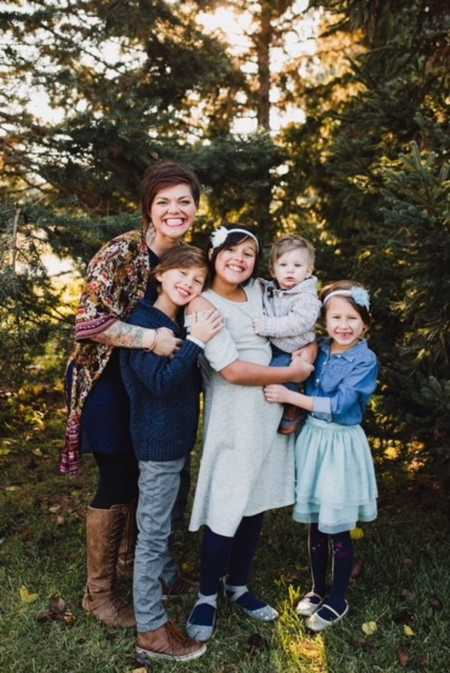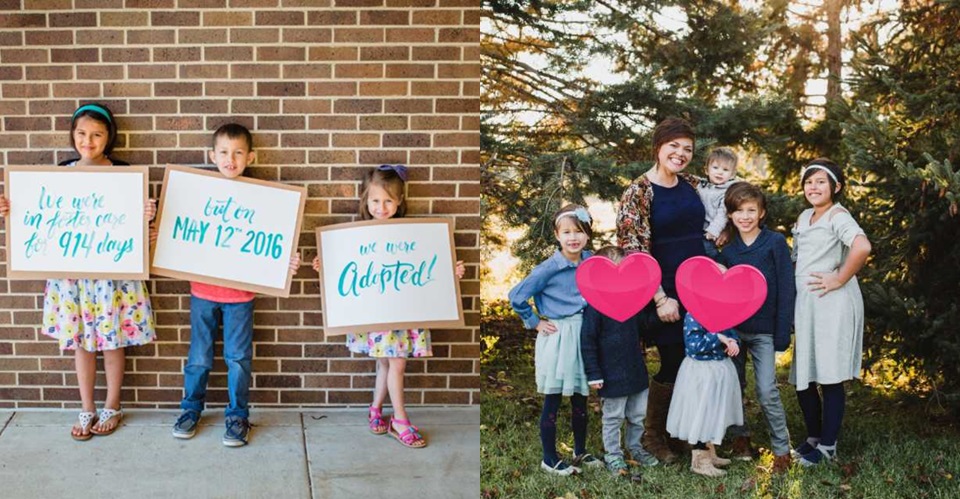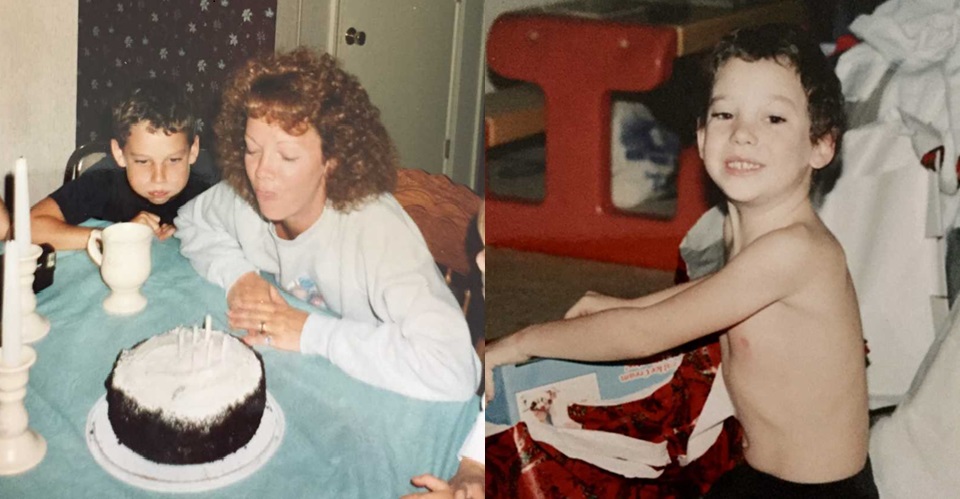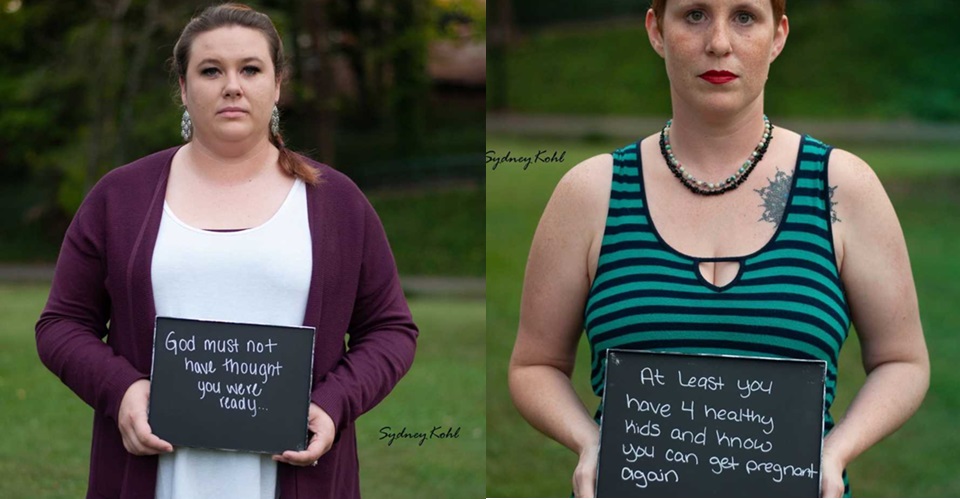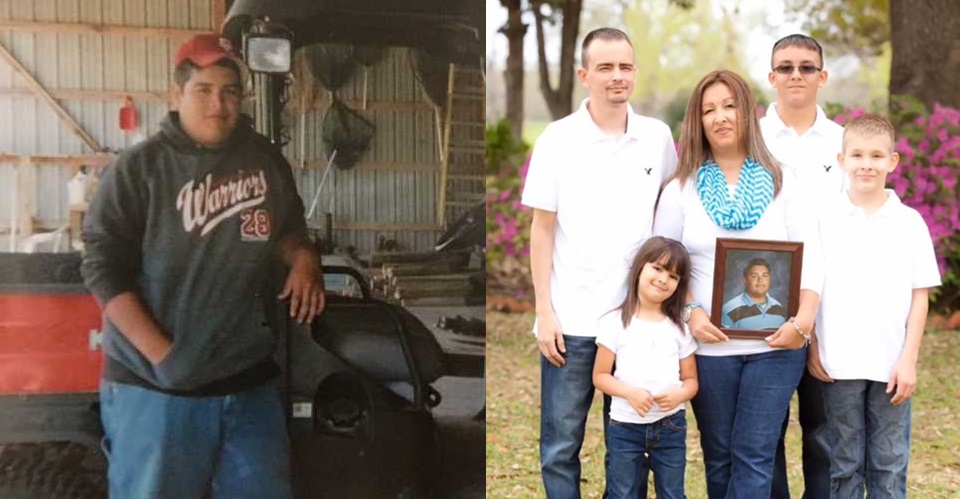When Julianna looked into the rearview mirror that Thursday, she saw six wide eyes staring back at her. Nervous eyes. Scared eyes. They belonged to three little strangers who had just been handed over to her along with a few trash bags of clothes and toys. She asked a simple question, “Do you guys like pizza?” The car ride only lasted five minutes, but it felt like forever. She kept throwing out bits of small talk, desperate to find a thread of safety for them to hold onto. This wasn’t their first move. In fact, she was their fifth home in a single year. Five times they had said goodbye, five times they had packed up, five times they had landed in the arms of people they barely knew.
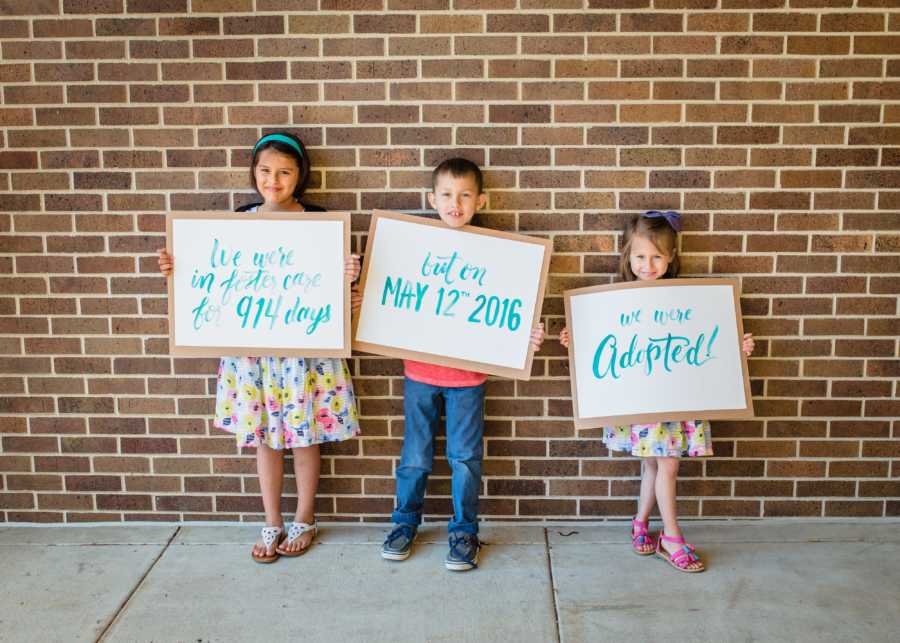
That night, after the pizza was eaten and the kids were tucked into beds that weren’t theirs yet, Julianna sat cross-legged on the floor sorting through their things. Most of the clothes were stained, tattered, the kind of stuff someone else might have tossed in the donation bin. She felt angry, not at the kids, but at the world that had made them disposable. They were only seven, five, and three, but already they carried themselves like old souls. She wondered where they had been, what they had seen, how much their little hearts had already lost.
Just as she was drifting into her own bed that night, she heard sobs. The three-year-old, sweaty and shaking from a nightmare, clung to her like she was the only life raft in the storm. Julianna rocked her, feeling the weight of what it must mean to search for comfort in a stranger. Eventually, the child’s breathing slowed, and Julianna tucked her back in with a kiss. She crawled back to her bed, her heart heavy and her confidence shot. She wondered if she could actually do this. After all, she was only twenty-seven, and overnight she had become a single foster mom of three.
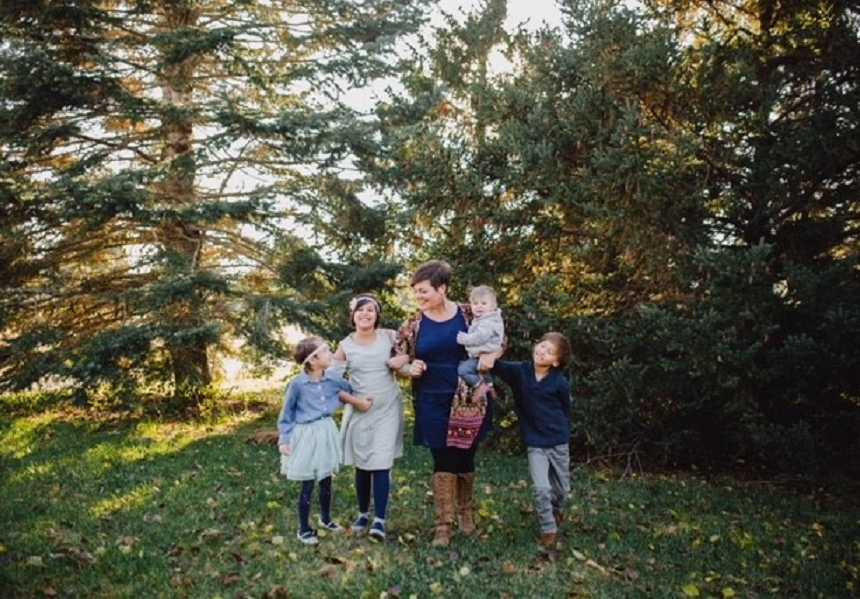
Motherhood for Julianna did not arrive with nine months of preparation or baby showers with pink or blue balloons. It showed up at her door in the form of scared children holding trash bags. Her life became a blur of courthouse visits, hospital pickups, and little ones dropped off by caseworkers. In America, there are more than 425,000 kids in foster care, many overlooked, many forgotten. They are our future teachers, doctors, baristas, artists, but too often, their stories end before they have a chance to bloom. Julianna knew that saying yes to foster care was complex and messy, but she also believed it was worth it.
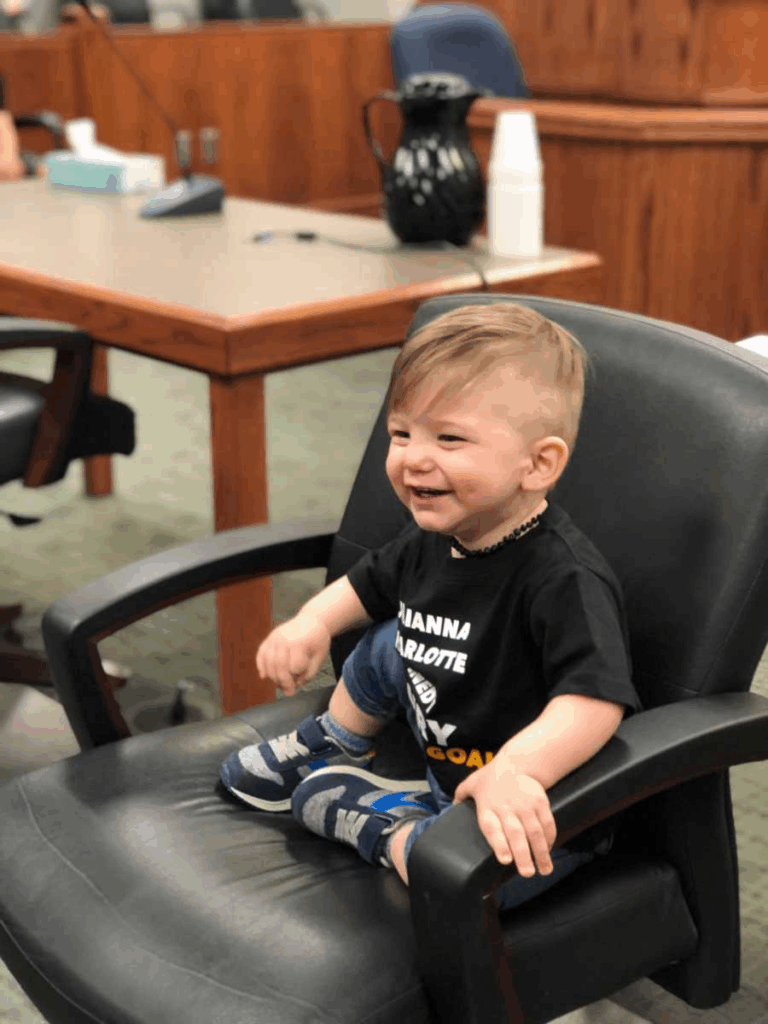
She had the honor of watching healing in slow motion. She saw hollow eyes begin to sparkle again, children who couldn’t sleep through the night finally rest peacefully, fighters turn into listeners, bullies become leaders, and withdrawn kids transform into gentle souls. She learned that trauma doesn’t have to define a child forever. It can be part of their story without being the ending. Adoption was not in her plan at the start. She thought she couldn’t do it, that she wasn’t enough. But love has a way of proving people wrong. For Julianna, adoption became the redemption story that stitched brokenness into belonging. It was love chosen, not inherited. It was rewriting names and rewriting futures.
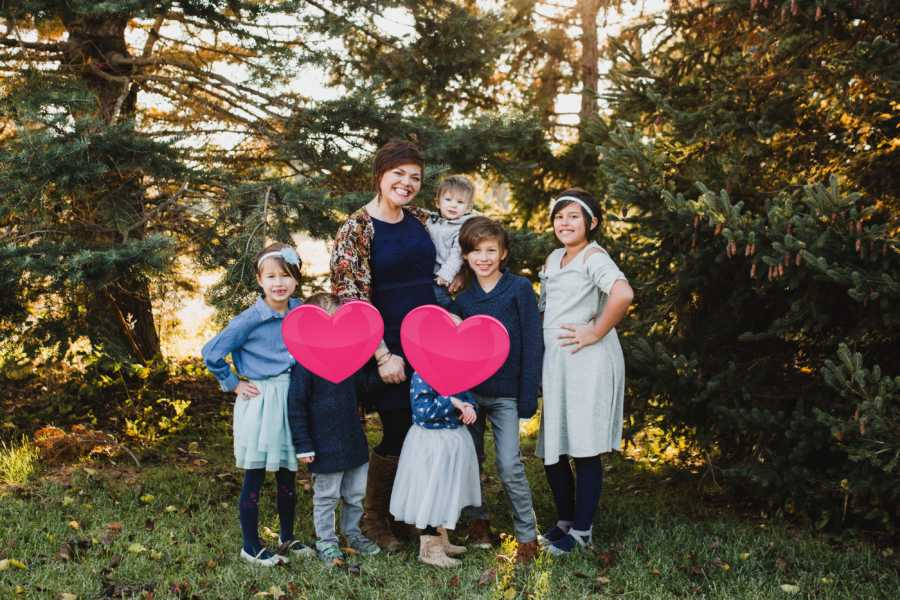
Life with her crew of kids was never quiet. Mornings began with cold coffee, spilled cereal, dance parties in the kitchen, and the chaos of little feet everywhere. Some strangers judged her when they saw the tattooed single mom with a diverse group of children in tow, but others smiled and recognized kindness in how her family moved through the world. She learned that every sunrise, no matter how chaotic, deepened their love.
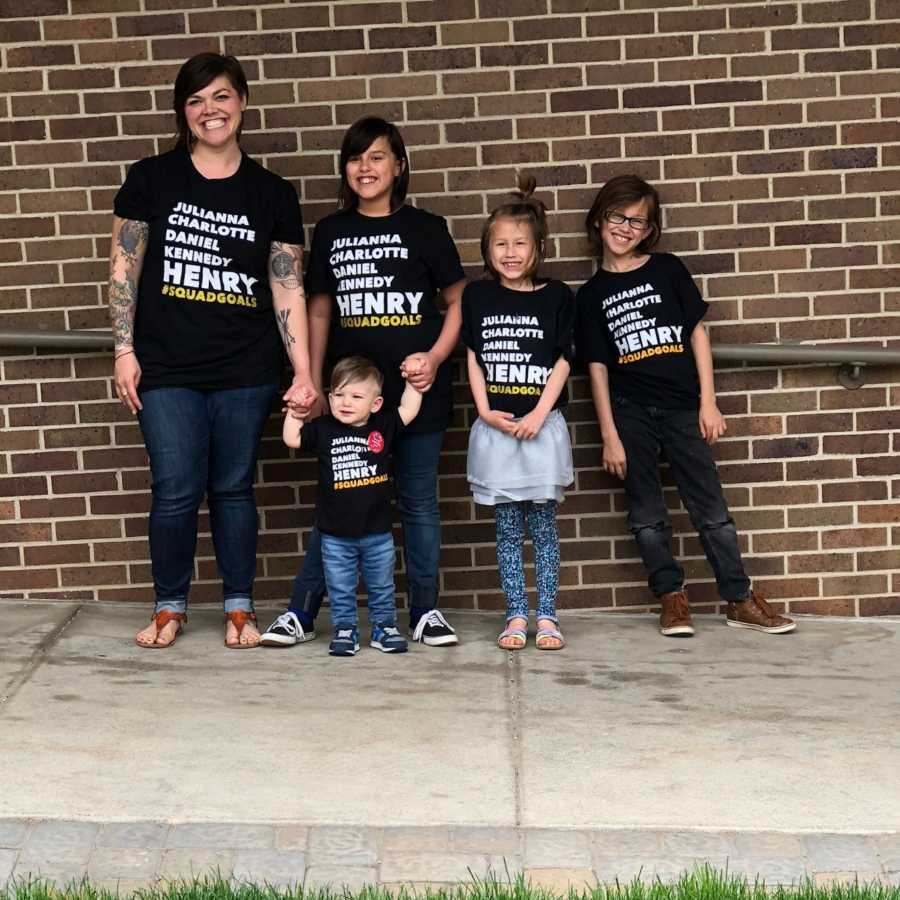
The hardest part was always goodbye. Foster care goodbyes ripped her heart wide open. She had to buckle screaming toddlers into car seats, knowing she might never see them again. People often told her they couldn’t foster because they couldn’t handle the goodbye. She wanted to tell them she couldn’t either, but the risk of heartbreak was worth the chance to give a child safety, love, and hope, even if only for a season.
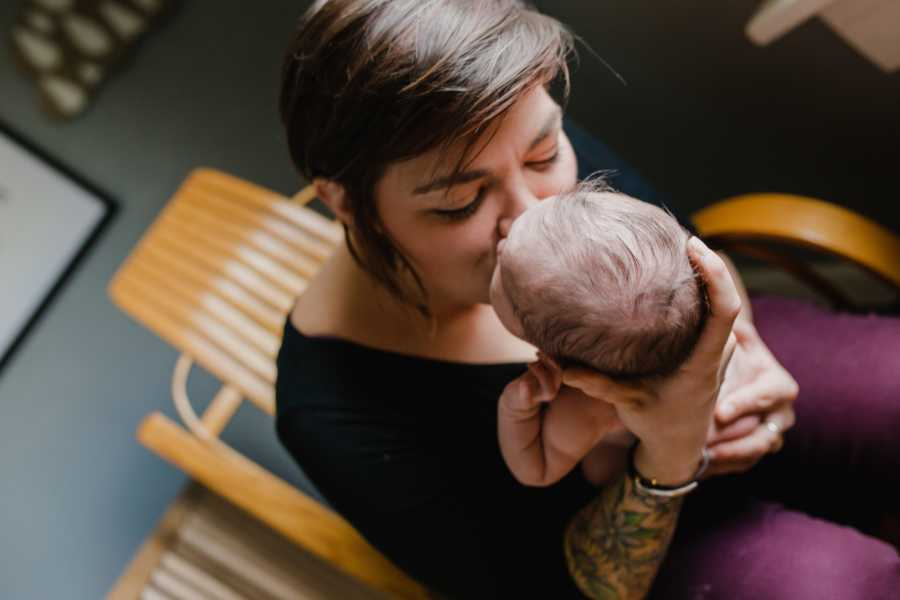
Through it all, Julianna came to believe in something powerful. Bio’s parents were not the enemy. Addiction, poverty, and broken systems were. Loving her kids meant loving where they came from, too. Sometimes she saw their parents heal, and those moments became unexpected gifts. At the end of the day, she understood that her family’s story was one of both sorrow and hope. A story where tragedy and redemption held hands. A tale of love that was not born but chosen, not given but fought for.
